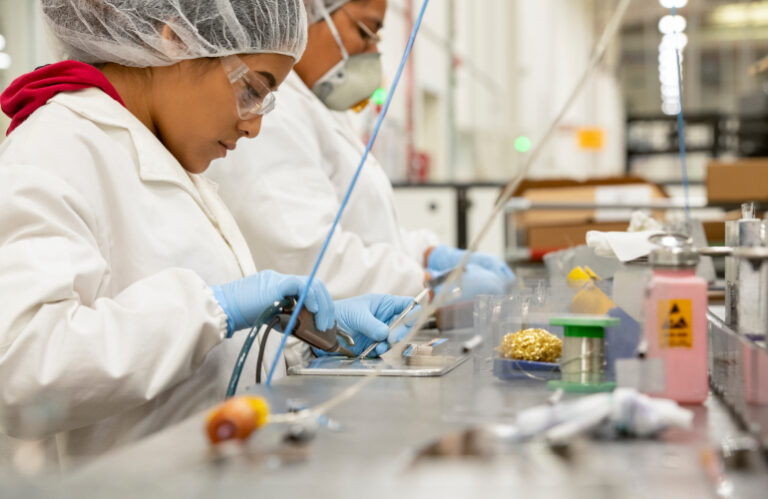Maxeon Solar Technologies today released an update on its Mexico-assembled solar panels that have been held at the U.S. border by Customs & Border Protection (CBP) for months. CBP reviews solar panel supply chains at all import points and ensures compliance with the Uyghur Forced Labor Prevention Act (UFLPA). Although Maxeon says the company has “completely and transparently mapped its supply chains” and has no documented link to forced labor in China, CBP continues to detain Maxeon panels originating from its assembly plants in Mexico due to “a lack of sufficient documentation to compliance.”
Maxeon outgoing CEO Bill Mulligan commented: “As a pioneering, ethical solar company founded in the United States almost 40 years ago, Maxeon’s core values were diametrically opposed to the use of forced labor in the production of our products. Over the past twenty years, we have consistently taken extraordinary measures to ensure a clean and traceable supply chain, costing us hundreds of millions of dollars more than our competition. CBP found no evidence of non-compliance with the UFLPA. Nevertheless, the Partnership process (under CTPAT) of CBP Electronics Center of Excellence and Expertise has decided to block access to our products. We are strong supporters of the UFLPA and have provided CBP with tens of thousands of pages of documentation, including numerous walkthroughs explaining standard manufacturing and shipping processes. None of our supply chains involve UFLPA-listed entities; two of our supply chains don’t even feature Chinaand yet the reviewers have refused to make the correct decision that UFLPA does not apply. This outcome is all the more disappointing given the urgent need to facilitate our country’s transition to clean energy.”
Since 2022, when the UFLPA was signed into law, Maxeon has completed more than 8,000 shipments from Mexico to the United States, in full compliance with UFLPA, the company said. But as of July 2024, three different Maxeon products manufactured in Mexico for use in the United States were detained: Maxeon 3 and Maxeon 6 residential solar panels, and Performance 6 commercial modules. Since then, all of Maxeon’s shipments have been held, even though the company has “clearly determined that the supply chains for each, from quartz to module, are outside the scope of the UFLPA because they are produced entirely outside the Xinjiang Uyghur Autonomous Region.” ” and the residential panels are made entirely outside of China.
Maxeon said 156 containers of its Performance panels are still being held in custody, along with containers of its residential panels.
“These arrests continue to cause serious financial and reputational harm to Maxeon and its U.S. customers, including solar power plant developers and countless small businesses installing solar panels on residential homes in 30 states across the country,” Maxeon said in a statement. .
“Maxeon has now moved the review of its Maxeon 3 and Maxeon 6 products to the next level of review, the so-called Application for Further Review (AFR) process, and will file a protest for its Performance line products,” it added Mulligan added. “These processes will involve a new team of CBP reviewers, who we hope can provide an objective application of the UFPLA. We remain optimistic that this new team will be able to quickly reach the right conclusion and prepare our products for import.”
Maxeon expanded its panel assembly plant in Mexicali a year ago to increase its supply of modules to U.S. markets. The site has an annual production capacity of 1.8 GW, and a second plant in Baja California has a production capacity of 700 MW.


